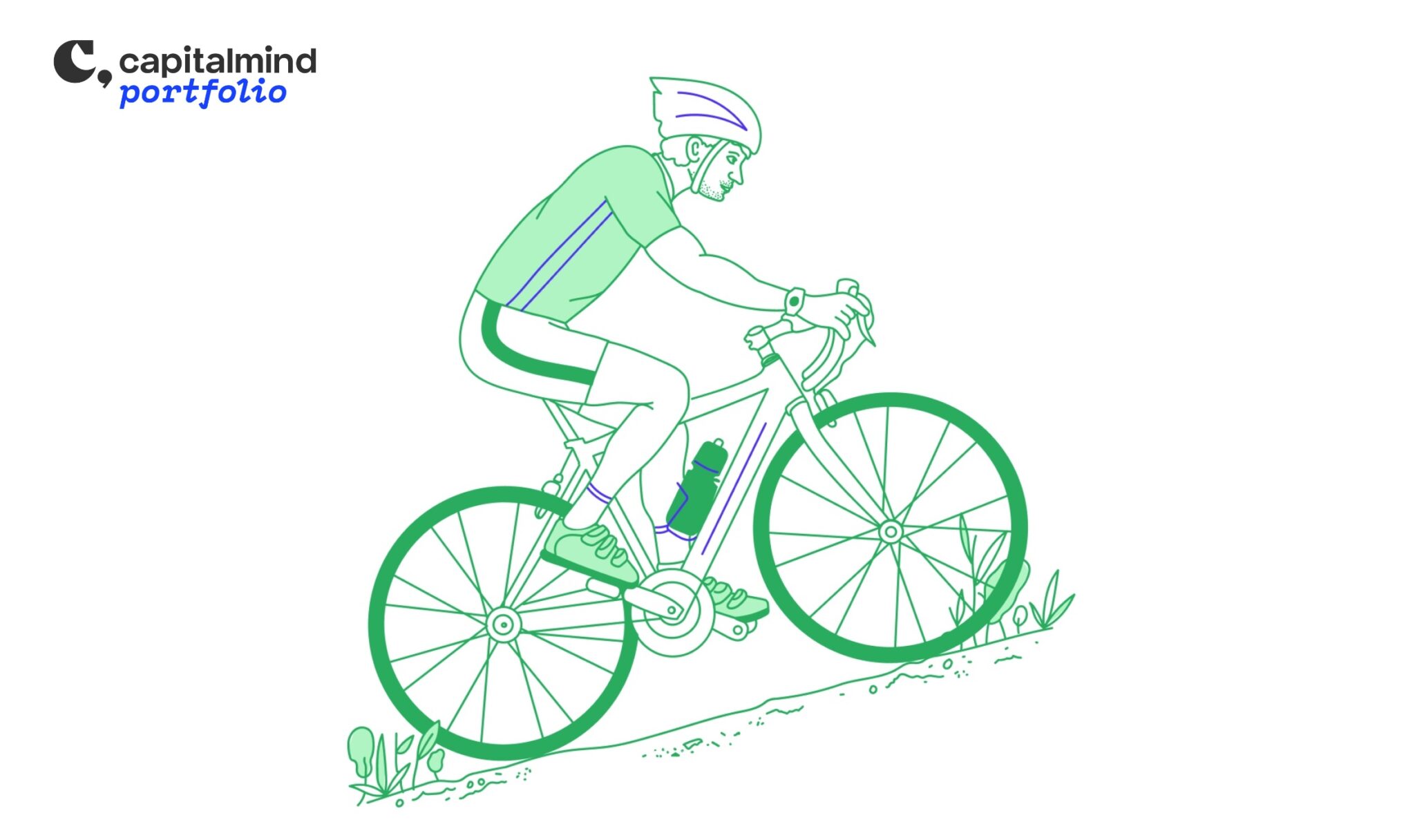Cyprus is getting ready to impose capital controls from tomorrow, when their banks reopen after about 10 days of being shut as the EU considered bailing them out. Banks in Cyprus were more or less bankrupt, due a little to failure of local loans and largely due to the haircut they had to take on Greek bonds when Greece was bailed out.
Now consider this:
1) The first proposal was to tax all depositors in all Cyprus banks, even those in the “insured” deposit zone of 100K Euros or less, violating the trust that depositors have in any banking system, that if you say we’re insured, we’re actually frikking insured.
2) When that was thrown out by Cyprus’ parliament, the resulting tango between the big European countries, they finally decided to shutter down one bank (Laiki, or Cyprus “Popular” Bank) completely.
3) Depositors with less than 100 K euros will be insured completely, with those in Laiki transferred to the Bank of Cyprus. Those above 100 K euros in both banks will be sequestered for now, with losses that might go to 40% (meaning they might only get back 60 euros for every 100 euros in their accounts, above 100 K euros)
4) Banks remain shut from the 15th. They open tomorrow (28th).
If you were a depositor in Cyprus, in any bank, what would you do?
First, they violated your trust by attempting to take way part of deposits that were “insured”. This is scary because, in the lack of such a guarantee, you would rather have bought something that you can keep in your house, like Gold coins.
Second, there is no guarantee this won’t happen again. Even neighbouring Greece, after going for a bailout once, needed another bailout two years later. Next time, your deposits may not be quite as lucky.
Third, you own Euros, which are valid in any other country inside the Euro (and convertible to other currencies outside it). Those banks are supposedly much safer, and those currencies are.
Given the three points above, there is extreme incentive in moving money out of the banking system in Cyprus, either to Gold or to other countries.
But you will not be able to. There will be capital controls.
One of the things they will do now is to prevent the flight of capital. Already, there are limits of 100 euros per day for cash withdrawals. We don’t know exactly what controls will come about tomorrow, even for those depositors that are not in the two two banks, but they are likely to include:
1) Limits on daily withdrawals – both cash and cheques.
2) Limited use of credit or debit cards.
3) Payments limited to within the Cyprus banking system only. That means no bearer cheques etc.
4) Limited ability to take money overseas in any form. You can expect bans on carrying of cash, or in other forms of transfers like cheques or money transfers
Capital controls aren’t new. Iceland still has them since putting them on in 2008, with restrictions on how much Krona can leave the country or exchanged. India has forever been capital-controlled – even now, you can only invest upto $200,000 a year abroad.
What about the Russians?
Russians supposedly will take a bit hit, with them creating Cypriot operations to take advantage of lower taxes. This tax-haven-ism is what the Europeans want to get at, to ensure they pay their part (or more) for the damage. This is strange, because there has never been the argument that they caused the crisis. Either ways, if the Russians take a hit, they’ll take their money elsewhere, to Malta or Cayman Islands or something.
What about your businesses, Cyprus?
The bigger problem will be at with the people of Cyprus, who own more than 100K euros. That will include most businesses, who are likely to have the 100K euros either parked as long term assets or as short term money rotation. How will they pay their bills now?
Imagine a guy that runs a supermarket – he gets paid by credit card companies and probably has to pay his suppliers once a month. What will he do when he finds 40% of his money gone, but he has to make 100% of his payments in the month end!
What about those that have taken loans – some from the very same banks. They might have taken a loan and the money lies in their bank account. Now, 40% of the latter is gone. But they are expected to pay up 100% of the loan? Will that happen voluntarily? A refusal to repay causes another problem – bank capital gets dwindled even more.
What will happen?
A massive bank run will happen anyhow, in my opinion. Given that there is fear that this can happen again, and that “promises” were nearly broken, people will try and withdraw money out. It could be to purchase gold, or to buy “assets” like land which will retain value. At the extreme, people will buy anything that they think can be redeemed for more reliable cash later – such as pens, watches and the like.
Smuggling will increase. As money to pay for imports is scarce due to capital controls, most things will now be available in the black market, even euro currency notes, at a premium. The currency of these markets may be cash or a barter trade.
Essentials will cost a lot more. Given the cash crush, importers of anything – from computers to food to shampoos – will attempt to overbill imports so they can take some of their own money out.
The Russians – whose money is being attempted to be sequestered really – will find a way to siphon out a good portion of their money anyhow.
The resulting bank run – basically the erosion of deposits – will bring the banking system to the edge again, and they’ll need yet another bailout and this time they’ll get it without further ado. Meanwhile, just watching this, other countries will get jittery about their systems.
The best outcome would be for Cyprus to leave the Euro and have its own, hugely depreciated currency. That will help it raise tourism revenues, and thus keep deficits at bay. At the same time it won’t need the draconian capital controls or bank restrictions which will free its people.
This is my assessment – but of course people might behave perfectly rationally and choose to keep their money in the same banks and then I’ll be horribly wrong. However, currently nothing points to “confidence”.
The implication to the rest of the world is:
- Buy Gold. Not the sissy ETF stuff. Real, shiny gold.
- Don’t trust banks or the banking system. They can turn against you when they feel its in their benefit to do so.
- Find ways to denominate your cash other than by the local banking system. You might think of a barter system, or a systematic buying of foreign currency just in case, or just creating IOU mechanisms.
What it does mean is – things will change, and change rapidly. Tomorrow will show us if the impact is miniscule or huge.



